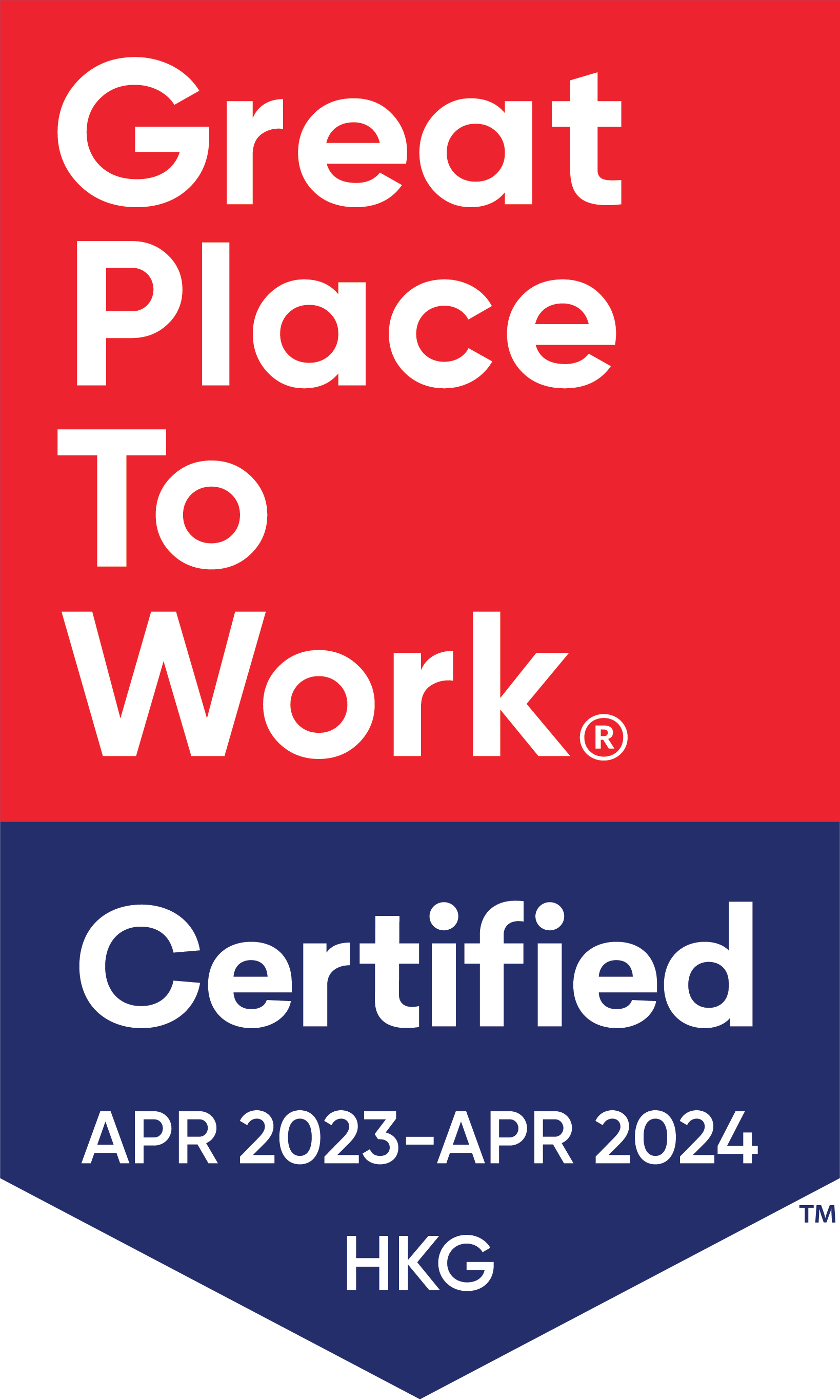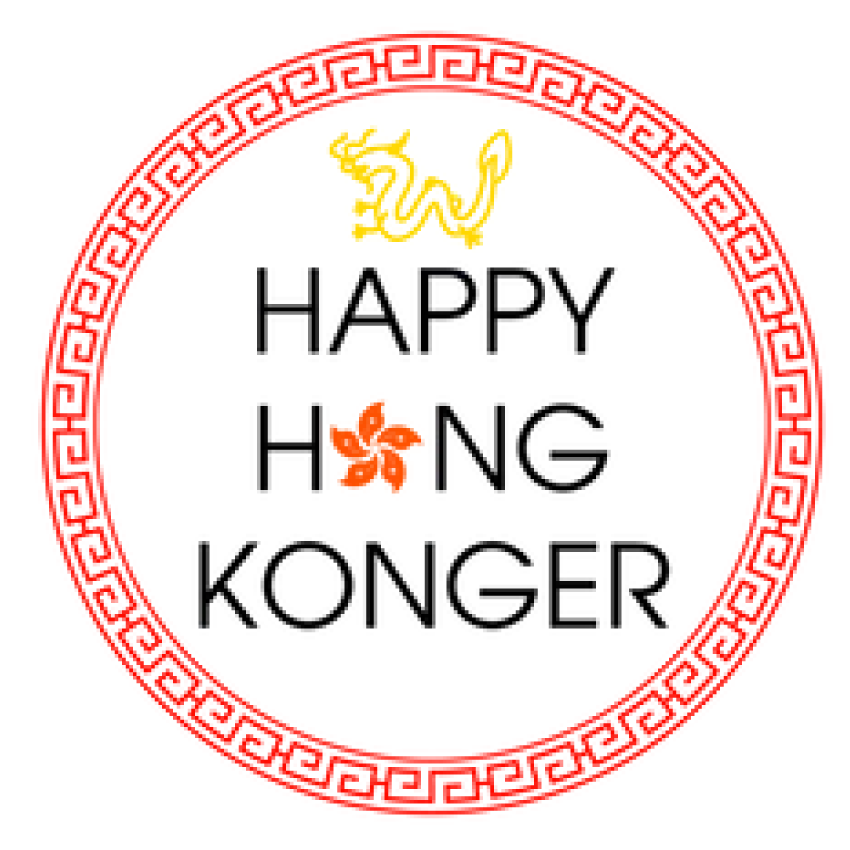Submit CV
If you don’t see any specific vacancies that interest you or, if you would prefer to have us assess your profile against suitable roles, then you can simply e-mail us your resume for review. If you highlight your industry and functional experience in the
e-mail itself it will ensure you reach the relevant consultant as quickly as possible.
Please be assured you can expect complete confidentiality. We never release your details without prior discussion and your express consent to do so. Whilst we do try to follow up with every candidate, when application volumes are high this may not always be possible.
Please wait while we fetch your resume and information...
Submit
Submiting application...
This job is no longer available

Recent Articles

By Mat Gollop
•
July 11, 2025
From June 2025 we restructured our leadership team to be more effectively positioned to meet future market needs. After 24 years with the business and working as our Managing Director for 23 years, Mathew Gollop, steps into a CEO role where he will also be responsible for Market Development. In this capacity he will focus on growing new and existing business lines through client engagement and development. He will remain a key brand ambassador and continue to drive our social impact strategy. His role is still full-time in terms of CG focus, but will shift to invest more of his capacity externally, retaining a personal focus on nonprofit, sustainability & energy transition and other complex and unconventional searches. Stepping into the MD seat is Ross Carter. Ross joined CG at the beginning of 2025 to grow our ConnectedSolutions brand (encompassing contracting and workforce augmentation). Whilst he will maintain oversight on this business line, he also takes full responsibility for the wider business P&L and will directly manage the existing permanent recruitment leadership team. We see this shift as a natural response to challenging markets that require both more time spent understanding our clients’ needs and evolving trends, as well as more robust business planning and governance.

By Mat Gollop
•
April 24, 2025
The global energy transition represents one of the most significant economic transformations of our time. As organisations navigate this complex landscape, the integration of technical expertise with investment acumen is emerging as a critical success factor, particularly in Hong Kong's rapidly evolving market. Hong Kong's Approach to Energy Transition Outside of its own net zero goals, Hong Kong is positioning itself as a hub for green and sustainable finance. In 2023, Hong Kong experienced a significant increase in green, social and sustainability debt issuance. GSS+ debt originating from Hong Kong reached USD18.2 billion, representing a year-on-year growth of 236%. With US IPOs for mainland and local organisations hampered by US/China relations, Hong Kong offers a strong alternative. Combining its proven financial infrastructure with an ongoing commitment to investing in the energy transition ecosystem should see it excel in tis field, as long as the talent supply can align. Talent Pool Structure What we see is that there are converging routes for talent into this sector. Renewables cannot be considered a ‘new’ sector, but it is evolving rapidly. Solar and Wind were the mainstay assets, but the big focus is now on battery energy storage systems (BESS) and the hybrid opportunities this creates, with CATL making a splash with their upcoming IPO in Hong Kong. Other sectors such as hydrogen and biofuels are also gaining traction, the latter evidenced in is Bain Capital's $400 million investment in EcoCeres, a biofuels company based in Hong Kong. The sources of talent to support the investment sector in these fields are varied: Traditional equity/debt market professionals from buy and sell side with existing experience in renewables or, transferable skills from the wider energy/infrastructure space Technical experts within operators/utilities who have transitioned to M&A or venture investment related roles within their organisations Strategy/corporate development/M&A experts from corporate, government or state-owned enterprises In terms of deal geography exposure, it depends on the sector. A lot of Chinese government backed investment in solar and wind has been aggressive in South America and Europe, but new deal flow has slowed. Europe and the UK tend to be a key focus in the BESS sector with Japan and Australia seen as the most likely APAC markets. With geopolitical tensions where they are, it is unlikely that we’ll see any US focused investment from Hong Kong/China in the short to medium term. Talent with European deal experience tends to be based out of the UK with a number of key funds/institutions having specialised teams in each of the renewable sub-sectors. The Talent Integration Imperative Energy transition investments require a unique blend of technical understanding and financial expertise. When investment decisions are informed by deep technical understanding, risk assessment becomes more robust and the potential for successful outcomes increases. The presence of specialists with a technical background within investment teams gives investors confidence. This is not only confidence in the initial investment decision, but that the appropriate skills are in place to ensure problems can be resolved before they escalate in the operational context. As the market matures and competition increases, the ability for those advising the deal process to deliver genuine insights and value creation will be a positive differentiator. The Path Forward For Hong Kong and other financial centres, the opportunity to lead in energy transition finance will depend on attracting, nurturing and retaining key talent. Organisations that successfully integrate technical, and investment talent will be best positioned to capitalise on emerging opportunities. Our recent market interactions indicate there is no shortage of talent willing to consider roles in Hong Kong in this sector and, for the well-funded, there is a limited window of opportunity to secure key people before things heat up and we move into another cycle. For more information on recruiting in the energy transition space (investment and operational/technical) and the wider ESG & sustainability sector, contact Mathew Gollop at mat@connectedgroup.com .

April 14, 2025
As an ESG recruiter, a common question I hear is: “Do I really need a sustainability certification—and if so, which one?” The answer isn’t one-size-fits-all. While experience remains paramount, the right certification can accelerate your career, bridge knowledge gaps, and signal expertise in this rapidly evolving field. In this edition, we break down the why, who, and how of ESG certifications—from globally recognised credentials to specialised courses—to help you navigate the options and invest in the right one for your goals. Why Take an ESG Course and Certification? In today’s business world, ESG expertise isn’t just valuable—it’s becoming essential. Whether you’re looking to deepen your impact in your current role or transition into sustainability-focused work, an ESG certification offers more than knowledge: it provides tangible proof of your commitment and skills. These programmes help you master the frameworks, tools, and language needed to turn principles into action—from analysing ESG risks to designing strategies that align profit with purpose. For career changers, certifications provide a structured way to build credibility in the field. They signal to employers that you’re not just interested in sustainability, but serious about applying it in real-world business decisions. For seasoned professionals, certifications offer a way to validate experience, stay ahead of regulations, and lead initiatives with confidence. Ultimately, ESG training is about more than adding a credential—it’s about equipping yourself with the mindset and tools to drive meaningful change in an evolving corporate landscape. That said, ESG certification and knowledge are not a substitute for work experience within the industry; they are a supplement, not a replacement. Who Should Consider ESG Certification? ESG certifications are ideal for professionals across various sectors who want to lead sustainability initiatives and make informed investment decisions. This includes business leaders, investors, and anyone looking to enhance their professional reputation and career prospects by demonstrating a commitment to responsible practices. Whether you aim to meet stakeholder expectations or position yourself as a leader, an ESG certification provides a structured and recognised pathway to achieve these goals. How Should You Choose the Right Certification and Course for You? Choosing the right ESG (Environmental, Social, and Governance) certification is a crucial step that can greatly impact your career in sustainable development and ethical business practices. Personal and Professional Goals Before diving into the various ESG certifications, reflect on your personal and professional goals. Are you aiming to enhance company performance through sustainable practices, or do you want to integrate ESG risks and opportunities into investment portfolios? Knowing your objectives will help you choose the certification that aligns with your career path and interests. Additionally, consider your current level of ESG knowledge and skills. Are you looking to learn the basics, deepen your expertise in a specific area, or update your knowledge while networking with peers? Having a clear idea of what you want to achieve will guide you in selecting the right ESG training programme. Relevance to Each Industry When choosing an ESG certification, consider how it fits with your current industry or the one you aim to enter. For finance professionals, certifications focusing on ESG risks and investment strategies are often more relevant. In contrast, those in corporate roles may benefit more from certifications centred on sustainable development and social responsibility. For example, a financial analyst might find the CFA Institute's ESG Investing Certificate useful, while a corporate sustainability manager might prefer the Global Reporting Initiative (GRI) Standards Certification. Selecting a certification that aligns with your industry ensures that the skills and knowledge you gain are directly applicable to your professional context. Continuous Learning Resources The ESG field is dynamic and constantly evolving. Therefore, it's important to choose a certification that offers ongoing educational opportunities and resources. Look for programmes that provide access to updated materials, discussion forums, and networking opportunities with other professionals in the field. For instance, some certifications include memberships to professional organisations that offer continuous education and networking events. This can help you stay informed about the latest trends and best practices in ESG, ensuring that your knowledge remains current and relevant. Evaluating Cost, Time, and Mode of Instruction When choosing an ESG certification, consider both the cost and the time commitment involved. Ensure that the investment fits within your personal and professional circumstances. Some certifications may offer flexible learning paths or part-time options, which can be particularly advantageous for working professionals. Additionally, consider your preferred learning style—do you prefer pre-recorded modules, live instruction, or exam-based certifications?



